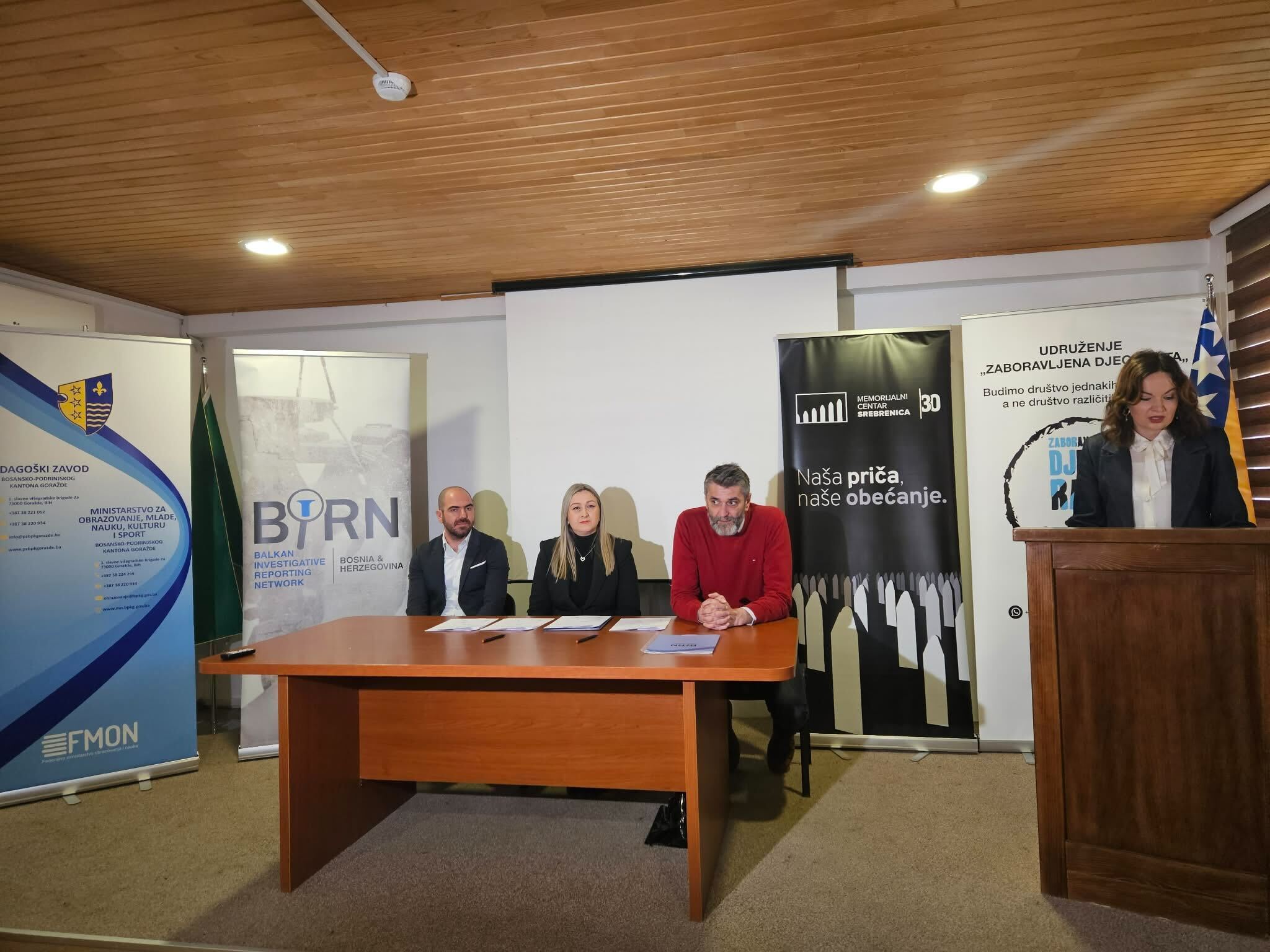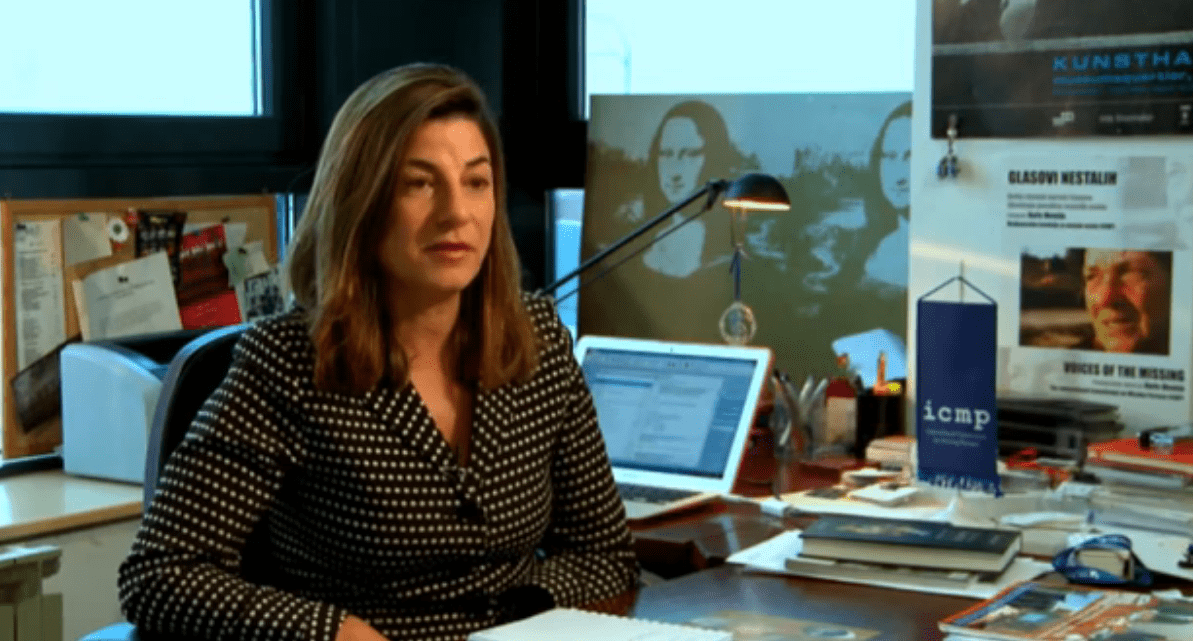This post is also available in: Bosnian
During a workshop organised by the Balkans Investigative Reporting Network, BIRN of BiH, journalists and representatives of judicial institutions from the Sarajevo and Eastern Sarajevo area discussed access to information about war-crime trials.
Representatives of the Cantonal and District prosecutions said that they were familiar with the Guidelines issued by the High Judicial and Prosecutorial Council, HJPC, concerning the publishing of court and prosecutorial documents, and that they had already begun implementing them.
“It is true that our Prosecution was very closed to public in the past. We used to anonymise everything. We have adopted the Guidelines. We have already begun publishing confirmed indictments in accordance with them,” said Neven Kramer, Secretary of the District Prosecution.
A representative of the Cantonal Prosecution pointed out that the mentioned institution had already begun implementing the Guidelines.
Nina Hadzihajdarevic of the Federal Prosecution said that they had still not reached an agreement within that institution on whether the Guidelines would be adopted or not.
“The anonymization procedure is still implemented in our institution, because some prosecutors submit documents, containing complete data, while others send anonymised ones. Therefore, a consensus has still not been reached. I hope that prosecutors will recognise the advantages of the Guidelines and accept them,” Hadzihajdarevic said.
Journalists said that it was important for courts and prosecutors’ offices to have spokespeople, who could provide information to the media quickly and in a timely manner.
Representatives of prosecutions and courts said that they did not have the same financial resources as state-level institutions, but they would certainly accept the journalists’ requests and try to improve their work.
All participants agreed that the additional education of journalists reporting from war-crime trials was necessary, so they could report correctly and quickly, but also to avoid endangering court proceedings.


